In another landmark occasion for Saudi Arabia’s fledgling film industry, the stars gathered once again on the red carpet in Jeddah on Monday for the finale of the first Red Sea International Film Festival.
Though the film screenings will continue for two more days, the gala event, which included the announcement of the festival award winners, marked the official end of an event that just a few years ago few could have imagined taking place in the Kingdom. It has only been four years since a long-standing ban on cinemas was lifted in the country.
Dozens of actors, celebrities, filmmakers and officials turned out, including supermodel Naomi Campbell; British actor Ed Westwick; Spanish actor Maria Pedraza; “Junoon” writer Pedro Paula Araujo; Jack Lang, president of the Arab World institute in Paris and a former minister of culture in France; Italian director Giuseppe Tornatore; and a number of actors from the region including Basem Khayat, Hend Sabri, Maysa Maghrabi, Ahd Kamel, Dhafer Labidine and Yasmine Sabri.
“This was our first-ever international film festival and we have learned a lot that we will now build upon for our second edition,” Mohamed Al-Turki, a renowned Saudi producer and chairman of the festival committee, said during the closing ceremony.
“I am touched by the reactions of many guests who have shared positive stories of the incredible warmth and hospitality they have received from the Saudi people. The future is now bright for the Saudi film industry.”
The sentiments were echoed by a number of international guests, including Lang, who said: “I’m very happy because the first Red Sea Film Festival is a great success and we see the people are as happy as I.
“It’s very important for Saudi cinema; we’ve discovered many new, young talents. I’m very optimistic and I’m sure that this will become one of the more important cinema festivals in the world.”
During the closing ceremony the winners of the festival competitions — including best film, best Saudi film, best short film, and special “Immersive” awards for virtual reality projects — were announced. They were chosen by three juries led by “Cinema Paradiso” director Tornatore, Egyptian director Marwan Hamad, and American avant-garde artist Laurie Anderson.
The first award of the night, for Best Saudi Film, went to psychological thriller “Rupture” and was presented to director Hamza Jamjoom by Campbell.
The winner of the Golden Yusr for Best Feature went to the drama “Brighton 4th,” by Georgian director Levan Koguashvili.
The short film award went to “Tala’Vision,” directed by Murad Abu Eisheh from Jordan; the Special Mention Award was given to “Farha,” a film set in Palestine directed by Jordanian filmmaker Darin J. Sallam; Adam Ali was named best actor for his performance in the film “Europa;” and the Jury Prize, presented by Syrian actor Basel Khayat, went to “Hit the Road” by Iranian director Panah Panahi.
The winner of the Audience Award was “You Resemble Me,” a drama that marks the directorial debut of Egyptian-American filmmaker, and award-winning journalist, Dina Amer.
In her acceptance speech, Amer said that the award is a dream come true and added: “So much prayer went into this moment. This film is about our beautiful faith, Islam, that has been perverted and sold as something that it is not, through propaganda, as a religion of violence — and this is our reclamation that this is a beautiful faith, one of peace, and that we can tell our story on our terms.”
Director David Adler received the Immersive Golden Yusr award for his film “End of Night,” which was presented by Anderson. The Silver Yusr award went to Taiwanese director Hsin-Chien Huang for “Samsara.”
“Over the last few days, we looked at the 13 works of Immersive cinema,” Anderson said. “Once you get used to the very large headset and headphones you discover that you cannot only fly or fall from atop of buildings, but in this art form you enter cinema in a new way.
Aside from these gravity tricks, you find yourself caught into your dreams and thoughts, between plot and image. In Immersive cinema, you use your dream body, you counter what it is to see, what it is to tell the story in a whole new way.”
According to festival organizers, 38 percent of the 138 films from 67 countries screening during the 10-day festival were by female filmmakers, a fact that further underlines the growth in female cinema talent in the local industry.
Saudi actress and writer Sarah Taibah told Arab News that she believes this is just the beginning for female scriptwriters, directors and producers.
“A lot of women writers and directors and actresses have been active for a long while now but the spotlight is finally now on them,” she said. “It’s really thrilling that this (festival) is finally happening in my country, in my city.
“I’m lost for words and I’m sad that this is the closing night but it’s been a hectic, crazy, exciting week and I can’t wait to share our voices, female and male, but mostly women.
“It’s finally our time to share with the whole world who we really are, aside from the stereotypical representations all around international media.”
Festival film screenings continue until Wednesday, Dec. 15, when the inaugural event will conclude with a screening of Hindi film “’83,” based on the true story of the Indian cricket team’s victory over an “unbeatable” West Indies team, which helped to put India back on the cricketing map.
Source: Arab news

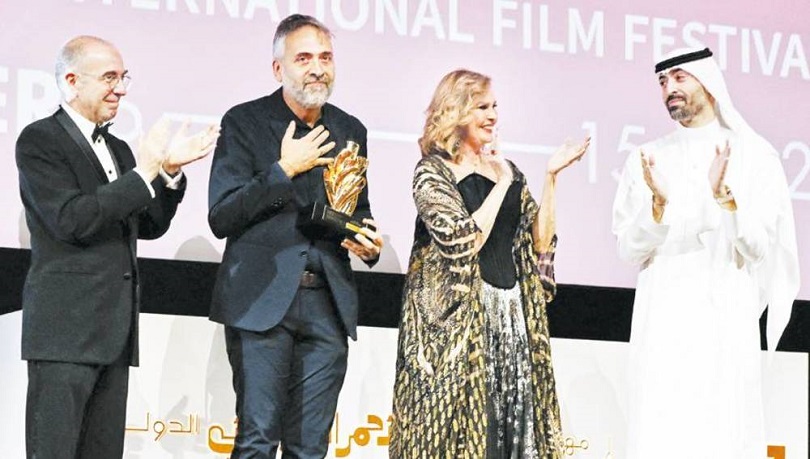

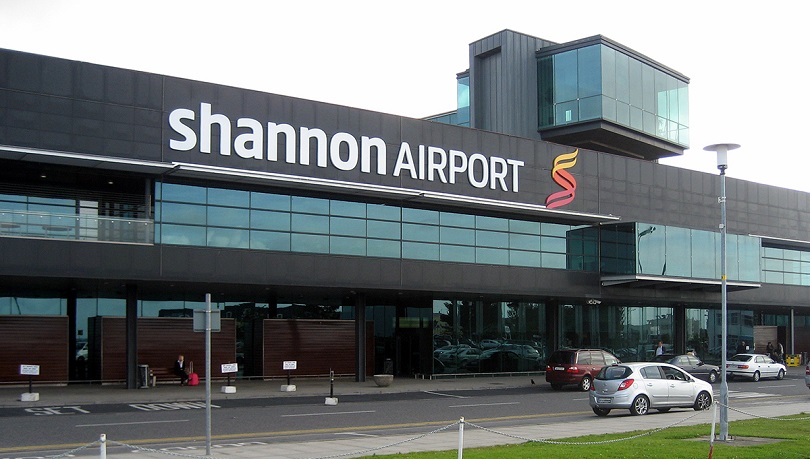
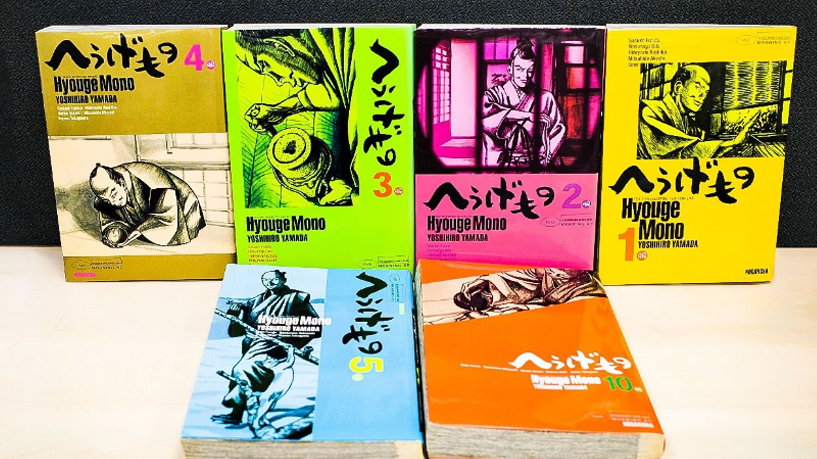
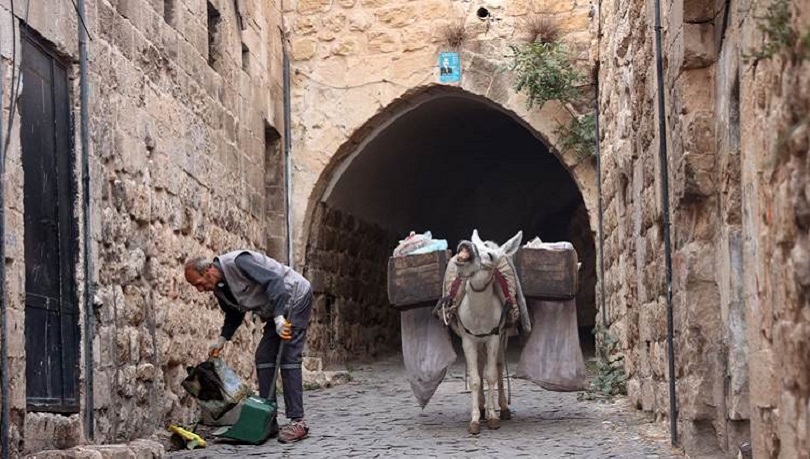


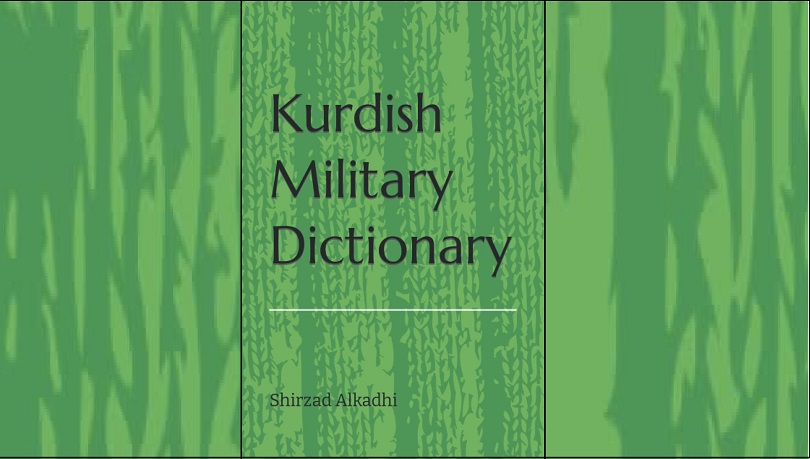
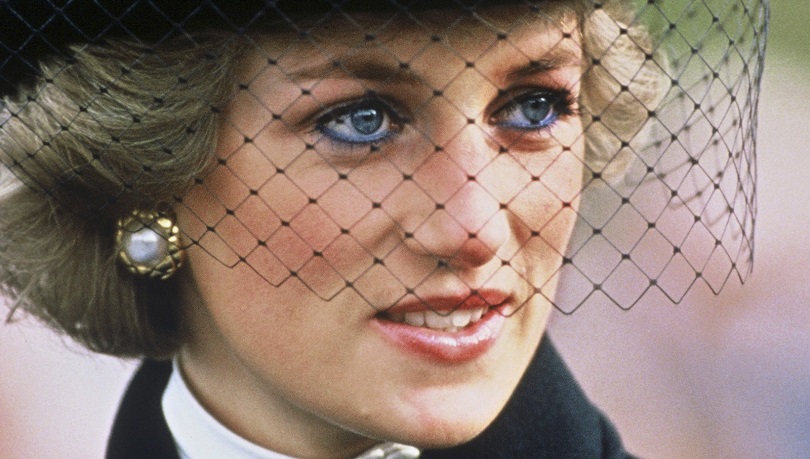
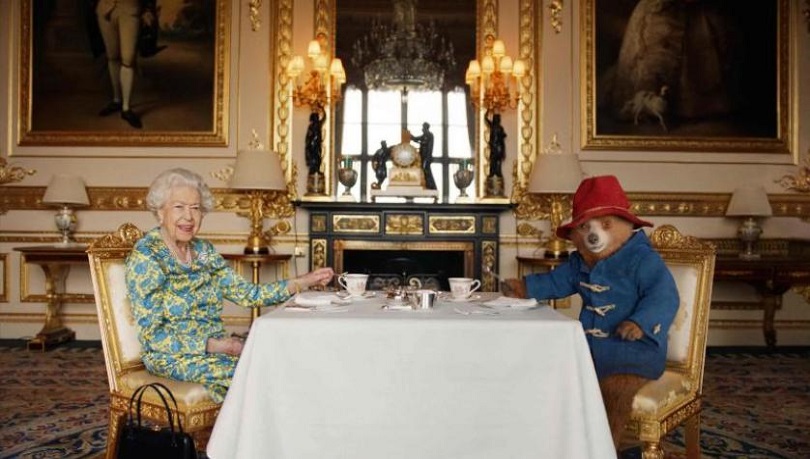
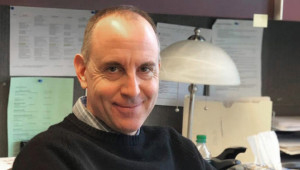

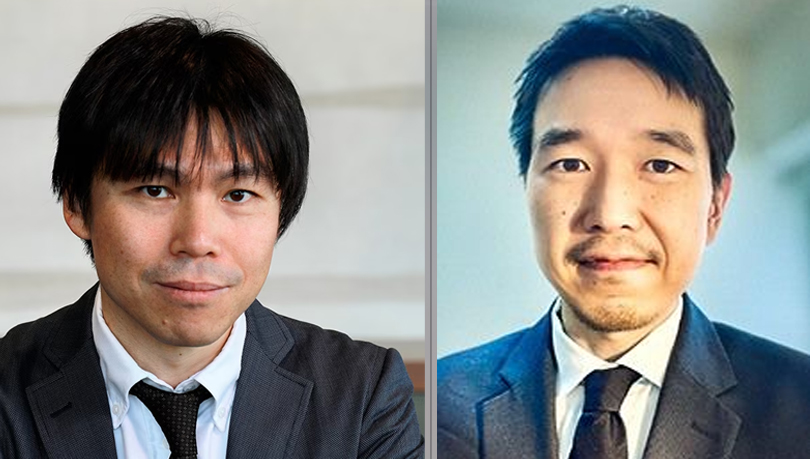
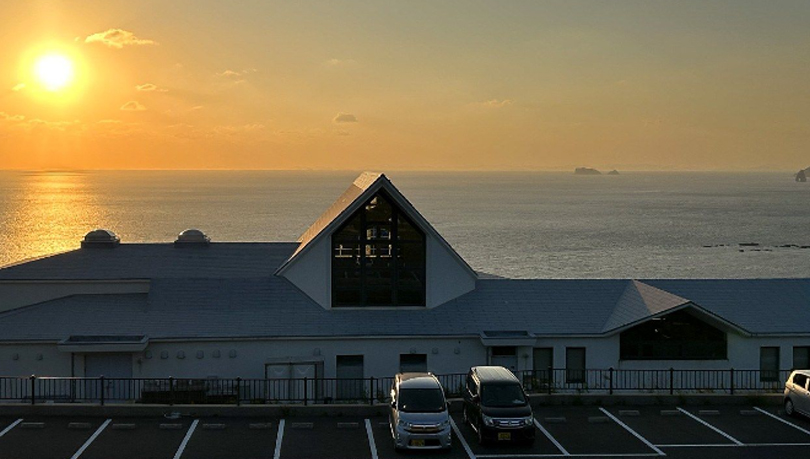
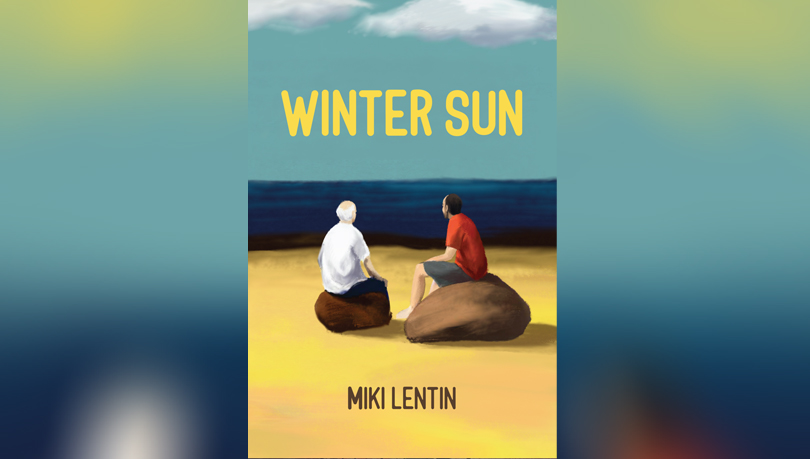
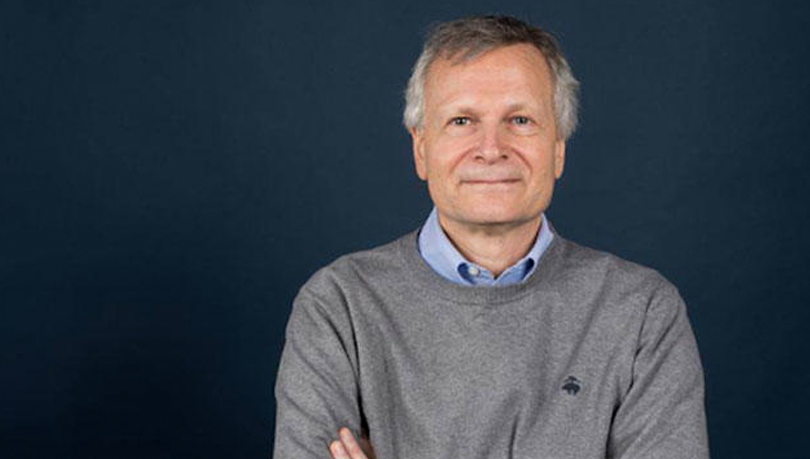
0 Comments